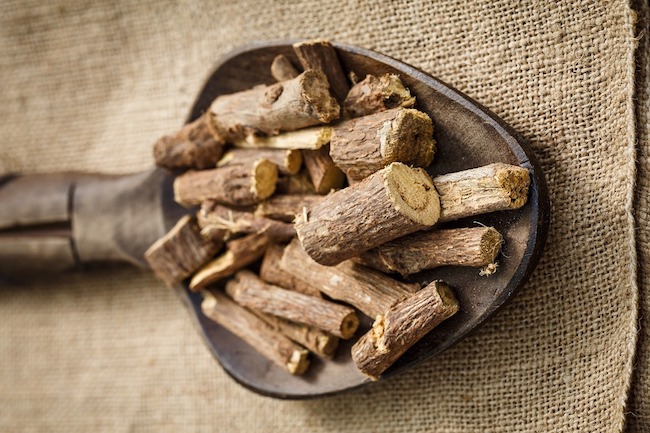Astragalus Root Found to Work Against Sepsis by Dr. Joseph Mercola for Mercola
Astragalus (Astragalus membranaceus) is a flowering herb that was popularized in Traditional Chinese Medicine (TCM) before being introduced to the Western world. Recent evidence suggests it may help protect kidney function in sepsis.1
According to the Sepsis Alliance,2 sepsis can trigger kidney damage and kidney damage can trigger the onset of sepsis. Kidney damage is among the first organs to be affected during sepsis. Up to 48% of all acute kidney injury is triggered by sepsis.3
During treatment for sepsis, doctors may use dialysis to help filter the blood if the kidneys are not working efficiently. How long a person may require dialysis will depend on the damage to the kidneys and the extent of the infection. In some cases, sepsis survivors will continue to need dialysis to treat lasting damage.
Sepsis is an extreme response to an infection that is present in the body.4 According to the Centers for Disease Control and Prevention,5 1 in every 3 people who die in the hospital has sepsis. The symptoms of sepsis may look like something else. It is vital that you recognize the potential symptoms and seek immediate medical attention as sepsis is life-threatening.
Conditions that raise your risk include diabetes, advanced age, chronic illness, cancer and chemotherapy and HIV infections.6,7 New evidence from animal studies suggests astragalus may play a role in preventing kidney damage from sepsis.8
Astragalus May Help Protect Kidney Function in Sepsis
The astragalus plant is native to China and has different names depending on the region where it’s harvested. A direct translation of the Chinese names is “yellow leader,” which the plant earned because of the distinctive yellow color of the roots, the most important part harvested for medicinal purposes.9
Astragalus is a popular herbal medication in Chinese medicine. However, there are several species of astragalus, some of which have a toxin that is linked to livestock poisoning.10 These species are not commonly used in human supplements, but it is wise to have your astragalus plant expertly identified before using the root at home.
Astragalus polysaccharide (APS) is a bioactive water-soluble compound extracted from the dried roots.11 Recently, researchers used APS in an animal model12 to test whether it was protective on induced acute renal injury like that seen with sepsis.
In lab studies, lipopolysaccharide-induced cell injury was used to establish a baseline model for sepsis-induced acute renal injury. Subsequently, experiments in mice found APS was able to reverse the induced kidney damage, which the researchers demonstrated by improvements in serum BUN and measurements of inflammatory and immune function mediators, such as tumor necrosis alpha and IL-1beta.
The results of the study supported past research evaluating APS after polymicrobial sepsis in an animal study.13 Herbal preparations have also been used for the treatment of chronic kidney disease. One study published in the Hong Kong Journal of Nephrology14 evaluated the use of astragalus in 35 patients with Stage 4 and 5 chronic kidney disease (CKD).
The researchers estimated the glomerular filtration rate (eGFR) before starting treatment and again after treatment with astragalus. Three months of supplementation benefited those who were at Stage 4. The researchers found that it was able to “maintain stable levels of eGFR and delay the initiation of renal replacement therapy in patients with progressive CKD Stage 4.”15
Continue Reading / Mercola >>>
The image used for this article is actually licorice root, not astragalus root.




